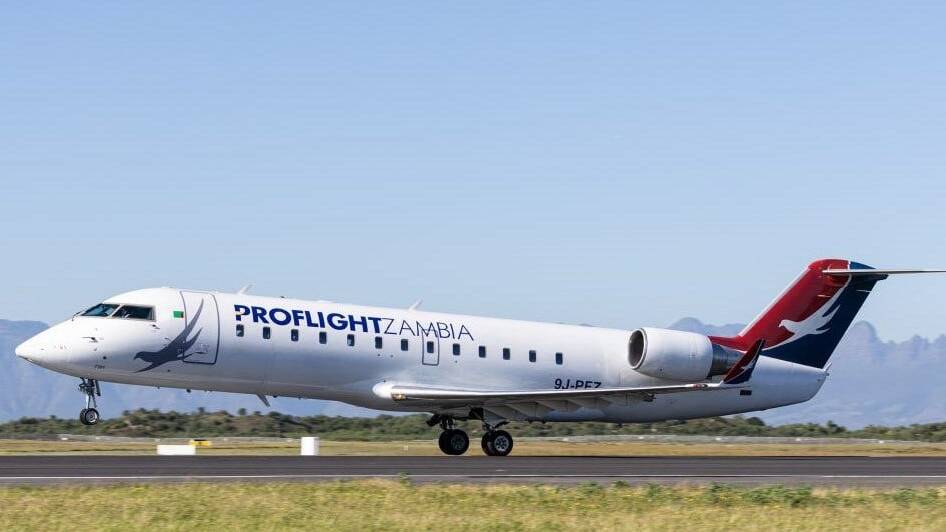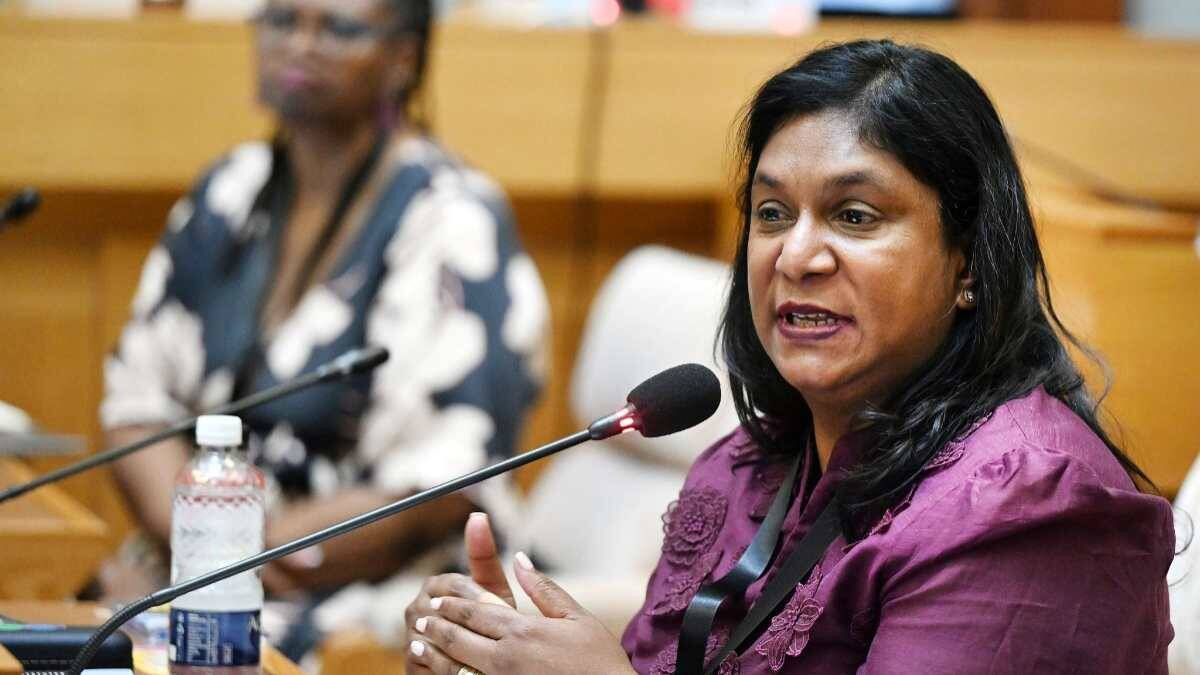MTBPS 2025 | SARS revenue bonanza
TimesLive | 12.11.2025 19:22
The South African Revenue Service (Sars) is collecting more tax than was projected by the National Treasury in the budget tabled in May 2025.
Sars collected just more than R924bn in the first half of the 2025/2026 financial year.
This is according to the Medium-Term Budget Policy Statement (MTBPS) tabled by finance minister Enoch Godongwana in the National Assembly on Wednesday.
Godongwana told MPs Sars has collected 9.3% more than it did in the corresponding period last year, with earlier revenue estimates already exceeded by R17.5bn despite a tough economic environment.
“The in-year revenue improvement was, in part, due to one-off collections from corporations and higher household expenditure. The revenue overrun narrows the 2025/2026 budget deficit and enables the government to add funding for spending priorities and frontload capital investments.”
As a result, Godongwana also hinted that this may see the government forgoing proposed tax hikes of R20bn announced in the May budget.
“Government will continue to monitor Sars’ revenue performance to determine whether the R20bn in additional tax increases for the 2026 budget proposed in the 2025 budget may be withdrawn. A decision will be announced in the 2026 budget.”
The Treasury attributed Sars’ stronger performance to domestic VAT collections that grew by 7.8% due to “resilient household consumption”.
Corporate and dividend tax collections also performed well, especially in the trade, electricity and finance sectors, while fuel levy collections also rose significantly.
But, on the downside, tax debt collection was below the estimates Godongwana and his team made earlier in the year.
This was despite Sars, in the May budget, receiving R4bn to help it improve its debt collection capacity.
“The 2025 budget indicated that an additional R4bn allocation to Sars was intended to, in part, increase debt collection by R20bn to R50bn per year.
“Sars data for the first six months of 2025/2026 shows debt collections remain below estimates because of the legal and technical complexity of settling many cases.
“Sars has obtained additional skills to address complex cases, which should improve collections for the rest of the year.”
Godongwana further indicated that “illicit trade robs the fiscus of billions in revenue”.
He particularly pointed to “billions of rand in taxes that go uncollected” due to illicit cigarette and alcohol sales, which started getting out of control at the height of the Covid-19 lockdown five years ago.
“According to Sars, since 2020, the government has lost about R40bn in excise revenue in the cigarette black market. The same is true for illicit alcohol and fuel. Government is clamping down on this illegal trade. In the past six months, Sars suspended three licences of non-compliant tobacco production.
“The Financial Intelligence Centre has provided intelligence reports to Sars to assist in investigations of criminal syndicates. Together, they have identified illicit tobacco, precious metals, fuel and procurement fraud.”
Government was also clamping down on the phenomenon of ghost workers in the public service.
The MTBPS showed that at least 8,854 cases have been “flagged where individuals were receiving payments from multiple departments, were inactive employees or had bank account anomalies”.
“The ghost worker identification process will also identify individuals appearing on multiple government systems.”
TimesLIVE









